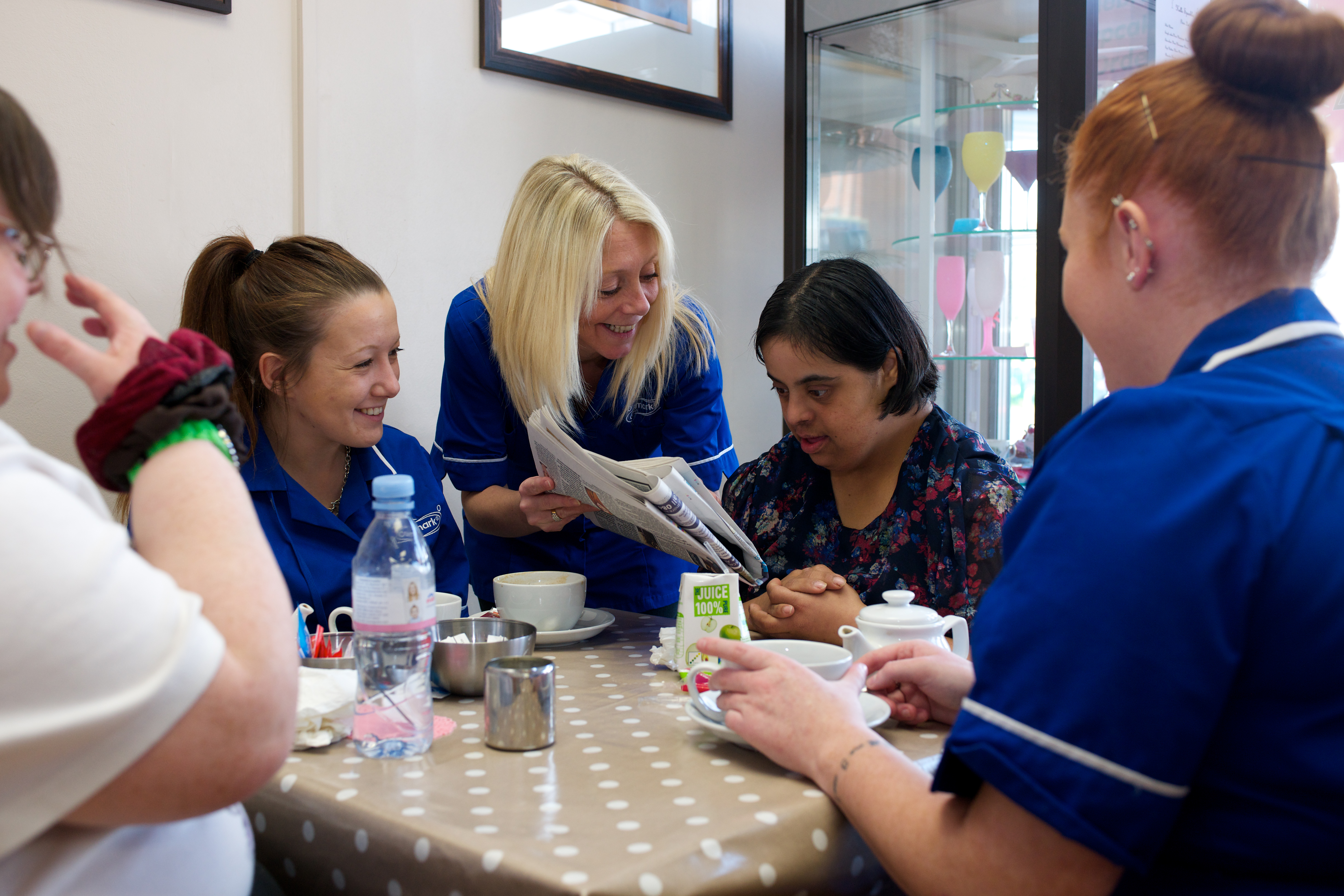Being a carer to a loved one can be tough going. You’re always on duty, you’re often balancing your role with your career and family responsibilities, and caring is always emotionally intense. If you’re feeling the strain on your own psychological wellbeing, we hear you!
If you’re feeling like it’s all getting too much, don’t be afraid to ask for help. It’s important to share your feelings with others and keep family and friends in the loop with how your caring responsibilities are going. Plus, there are some independent organisations that can help you find a better balance.
Need a helping hand? Here are some tips…
Reach out for advice
As we’ve briefly mentioned, the best thing you can do when you’re feeling overwhelmed is to reach out for advice and support.
Aside from chatting to friends and family, there are a few charities and organisations that are dedicated to helping family carers.
Family Carers Ireland
Family Carers Ireland is a national charity working hard to support the 500,000 family carers across the country who support loved ones. They believe that no one should have to care alone. The charity provides a range of services for family carers through its network of Support Centres. They also advocate on behalf of family carers at a local, regional and national level.
They have an online community forum where you can get information, support and ask for tips. They also have a national freephone careline. If you give them a call, their experienced staff and volunteers will be able to listen to your concerns and offer advice on topics such as carer’s allowance, carer’s benefit, carer’s support grant, counselling, respite, training, and the support available from your local authority.
Family Carers Ireland is a great resource if you’re looking for free, impartial advice regarding care. It’s a great place to start if you’re just looking for a charity that can point you in the right direction or connect you with a community of other carers.
Health Service Executive
The HSE (Health Service Executive) has a page on the support available to carers in Ireland. Covering areas such as health services and information for young carers, their site may be useful if you have a specific query and aren’t sure where to start.
Consider your other options
If you’re the sole carer for a loved one, it might be time to think about your other options when it comes to their care. Do you have siblings or other close relatives that could take on some of your responsibilities? Or, if you are caring for someone outside the family, do they have any close friends or relatives who could lend a hand?
Lots of people don’t want to (or can’t) stop caring for various reasons. But this doesn’t mean that you have to take it on alone. Having a great support system and taking it in turns to care for an individual can reduce the impact it has on everyone’s lives. It can make it easier to balance your own work, social life, and family obligations.
Asking to share caring obligations is by no means an easy conversation to bring up with others, but they’ll want to know how you are really finding your caring responsibilities. They should be more than happy to handle certain aspects of care for you or draw up a plan for sharing your care duties.
Have you thought about professional at-home care?
Sometimes, the next best step for someone’s care plan is to reach out for some professional help. For instance, at Caremark, we provide all aspects of home care and support, including personal care, domestic support, general companionship and medical assistance.
If you’re no longer able to provide full-time care, take a look at our services. We offer a broad range of options and can tailor solutions to meet your and your loved one’s individual requirements.
Whether you just need occasional help with domestic duties or you and the individual you’re caring for feel it’s time to access 24-hour support, we can help. Flexibility is built into our system.
Chat to the person you’re caring for
If you can speak with the individual you care for, we highly recommend doing so. You’ll be able to share your concerns, hear how they feel their care is going, and chat about alternative arrangements to make your life a little easier. How would they feel about another individual (whether that’s a family member or professional carer) taking on some of their care? If you need a change in your care dynamic, having an honest and open conversation about both of your needs can lead to a great resolution.
For more tips for carers and advice on accessing professional at-home care in Ireland, contact us today.

